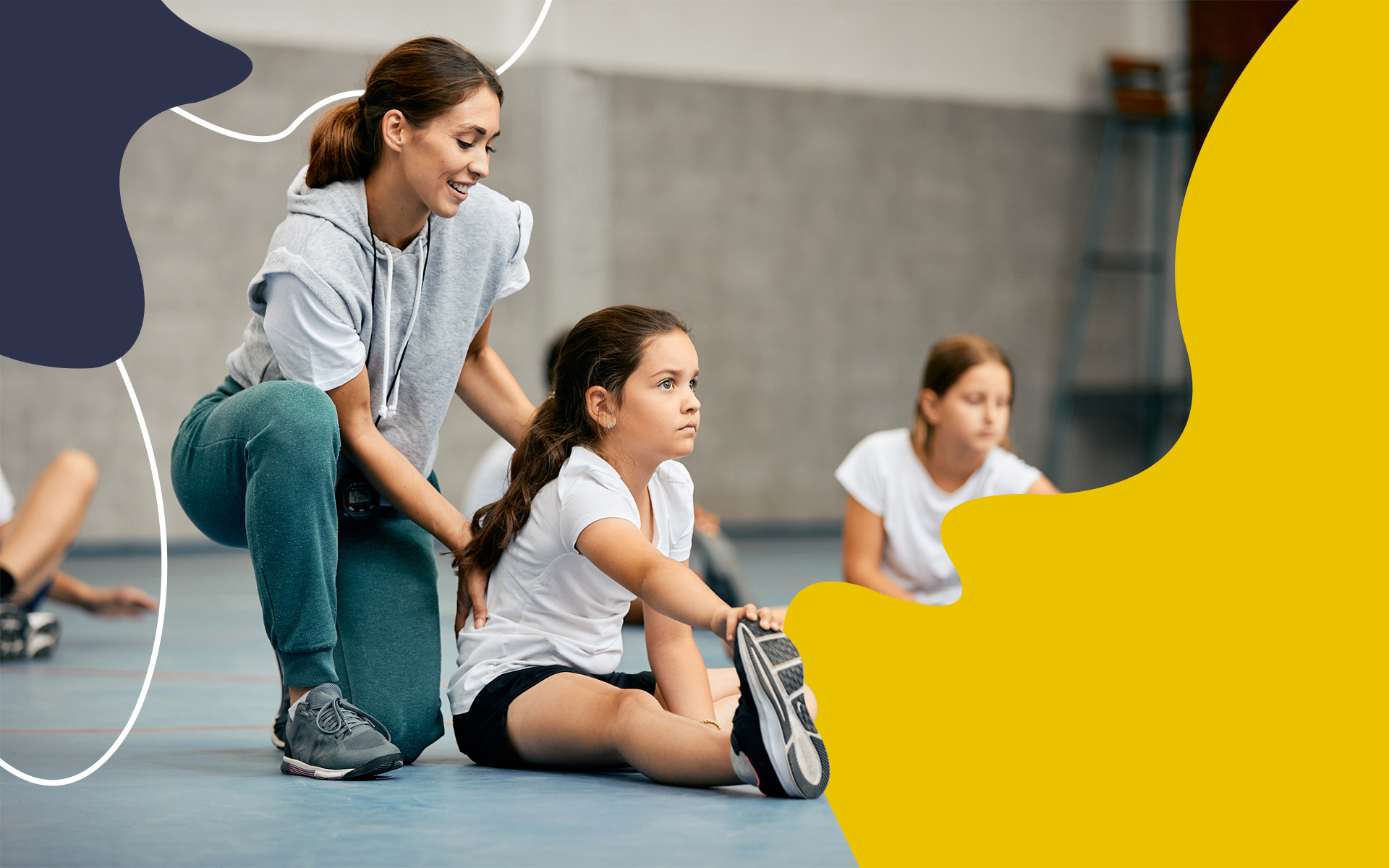
Body + Mind is reader-supported. We may earn an affiliate commission when you buy through some of the links on our site.
Many schools today have cut health education programs to focus more on core content. Unfortunately, millions of Americans lack regular, affordable access to health care. Knowing what health literacy is can help you stay fit and healthy in the future. If you don’t learn what you need to know in school or from your doctor, where can you turn?
Fortunately, you have internet access, and you can research to improve your knowledge. What is health literacy? Here are ten facts you might have missed in school — but need to know.
You may have heard the saying, “food is medicine.” The cliché holds because your body breaks down everything you consume into its component chemicals. Some of these, like vitamins and minerals, benefit your well-being. Others, like salts and trans fats, can lead to elevated blood pressure and cholesterol levels.
You can find more diet plans on the internet than books in many libraries. However, following a healthy and balanced meal plan requires only basic knowledge:
At this point in the pandemic, you have probably sung “Happy Birthday” so often, you never want another piece of cake. You also know hand sanitizer helps in a pinch — but only if you use it properly. You need to use enough product to cover all surfaces and rub it in for 20 seconds or until it absorbs.
Have you heard about the Seattle man who received a $1.1 million medical bill for his COVID-19 hospital stay? Fortunately, this gentleman had insurance coverage, but if he didn’t, that price tag would likely bankrupt him. You should take this event as a cautionary tale and learn what you can about how health insurance works, so you never have to go without the care you need.
It costs money to declare bankruptcy, and the resulting ding to your credit can make it problematic for you to rent an apartment or buy a car. Going without medical coverage can shatter your life and make it impossible to recover — plus, the stress from financial woes can further deteriorate your health. When it comes to health literacy, buying a policy is the best place to start.
Researchers recently discovered the bacteria associated with periodontal disease in the brain tissue of people with Alzheimer’s disease. They also suspect that it can spur inflammation elsewhere in the body. As expensive as dental care is, try to get cleanings every six months. At the least, floss once and brush your teeth twice each day.
Fellas, please listen up — smoking can hurt more than your lungs. The lack of blood flow down there can lead to erectile dysfunction and even penile shrinkage. Ladies, you don’t get off the hook reproductively. The habit can decrease your egg supply and make it more challenging to conceive.
If you work on a computer all day, find your device’s “twilight” function and live and love it. This setting cuts down on blue-light emissions that can cause headaches from staring at your screen. You might also consider a pair of specialized glasses meant to cut this frequency, which can strain your vision and upset your melatonin balance.
In one study of 120 adults, researchers discovered that regular cardiovascular exercise increased hippocampus size by 2%. This part of your brain is associated with memory and focus, but it tends to shrink as you age. However, getting your body moving for at least 30 minutes most days can prevent this effect.
Did you ever notice how you feel depressed or anxious after a bender? That’s because alcohol affects levels of the neurotransmitter gamma-aminobutyric acid (GABA) in your brain. In the short term, drinking acts like valium — it eases your anxiety by increasing sedation. However, when you stop, the rebound effect makes you desperately crave more. If you give in, you could fall prey to addiction.
Research into biofeedback reveals that your thoughts influence automatic body functions, like your heart rate and blood pressure. You don’t necessarily need access to fancy equipment, though. You can reap many benefits from a mindfulness meditation practice, and you can find ample free videos on YouTube to get you started.
When you don’t get enough sleep, it makes you more accident-prone. Over 300,000 motor vehicle accidents happen each year due to drowsy driving. Sleep deprivation also upsets your hormonal balance and can increase cortisol levels, a stress hormone that spurs you to eat more. The best remedy? Keep a regular bedtime, even on weekends.
If you missed out in school, you need to teach yourself what you need to know about health literacy. What is health literacy? It might look different to different individuals, but you should learn everything you can about your health so you can better advocate for yourself and live your best life possible. Let the ten tips above serve as your daily apple to keep the doctor away.
Your email address will only be used to send you our newsletter, and at any time you may unsubscribe. For more information, see our Privacy Policy.